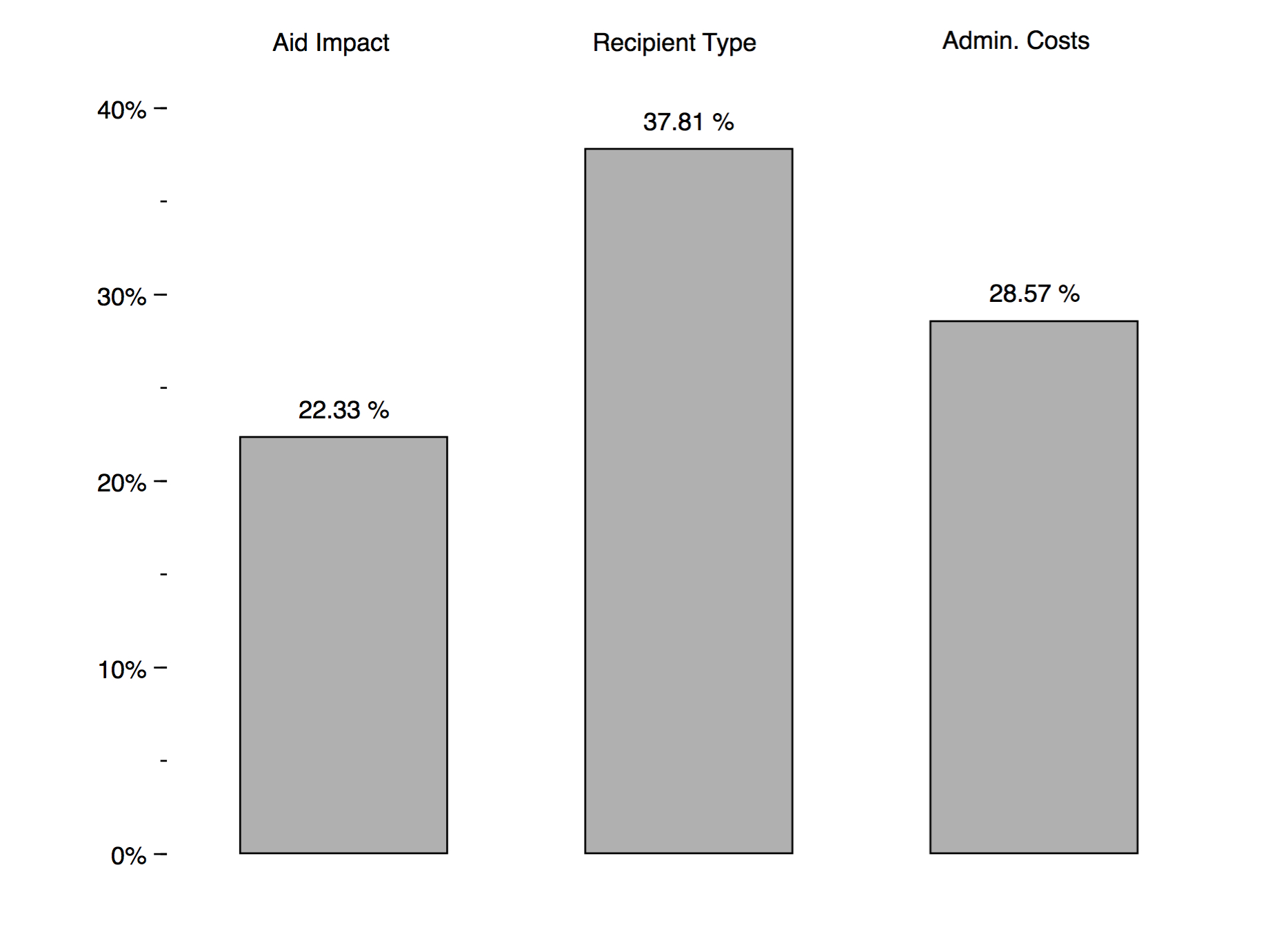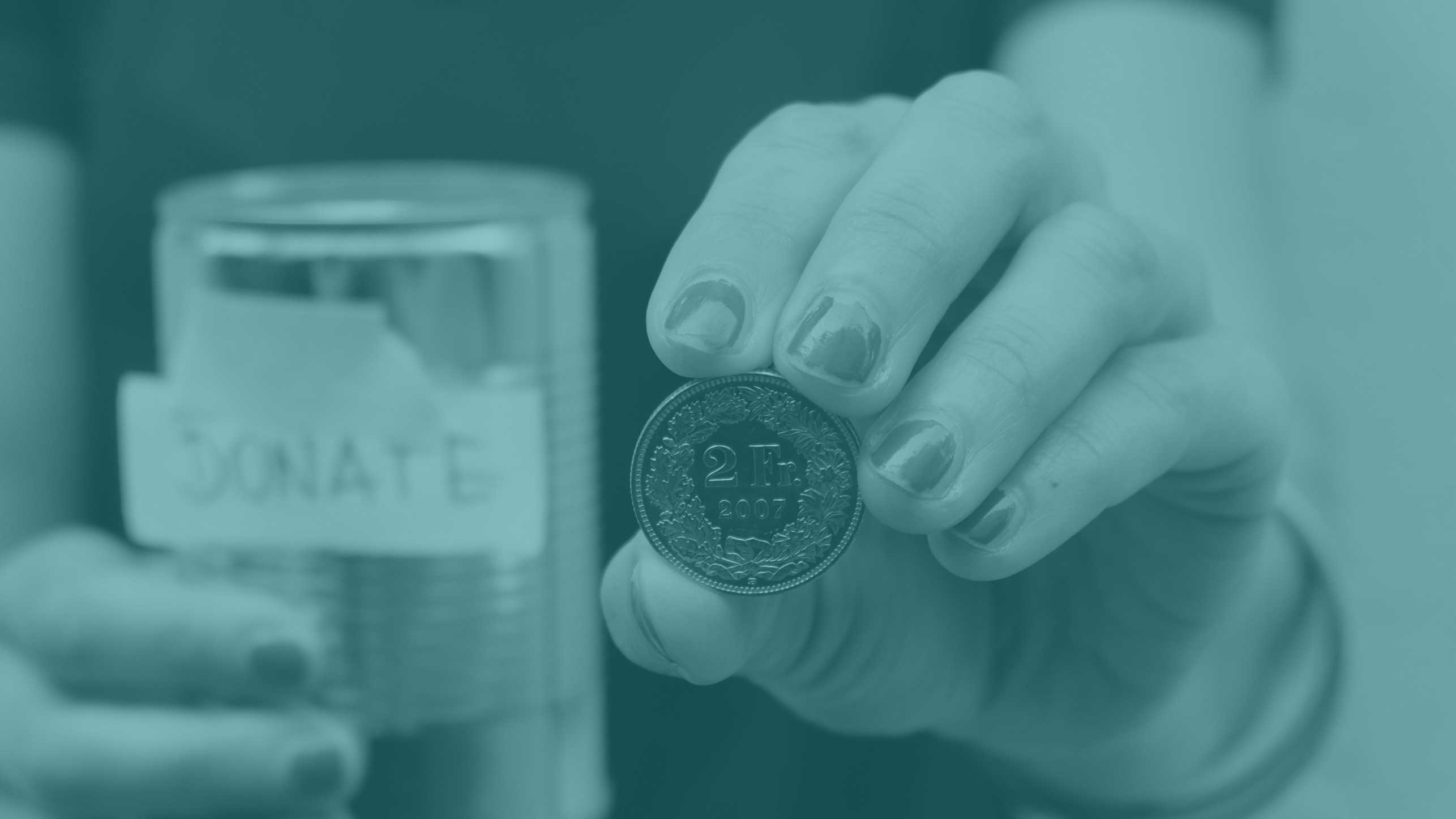Relevance of Aid Effectiveness for Donors
The amount of accessible data and evidence that is useful for designing effective policies has increased considerably over the past 15 years. However, very little research in development economics explores to what extent donors incorporate information on aid effectiveness into their decisions, if at all. This research project aims to reduce the knowledge gap by investigating the behavior and decision-making of public donors as well as private individual donors.
In a research collaboration with the German Development Bank (KfW), a large bilateral donor, we explore the drivers of evaluation ratings for KfW’s drinking water projects. The results of our external pagestudycall_made suggest that, when evaluating project success, staff members put more weight on general project management and country characteristics than on indicators reflecting the achievement of project goals.
Concerning individual donors, our laboratory and online experiments in Switzerland and the US indicate that information on the welfare impact of development interventions plays only a secondary role in individual donation decisions. Moreover, our research shows that a minority of individual donors makes an informed decision at all.

The evidence we have gathered so far indicates that donors underuse information that is particularly suited to assess the welfare impact of development interventions. In the case of the German Development Bank, a potential explanation for our findings is that a country’s institutional-political context and project management processes are more heavily weighted in assessing project success, because these factors figure prominently in staffs’ day-to-day work. For individual donors, the muted interest in a donation’s welfare impact is possibly rooted in a lack of awareness and understanding of this concept. We will conduct more research on these topics to further explain and substantiate our findings.
Researchers: Isabel Günther
Alumni: Laura Metzger
Publications
“external pageIs Corporate Aid Targeted to Poor and Deserving Countries? A Case Study of Nestlé´s Aid Allocationcall_made.” With P. Nunnenkamp and T. Omar Mahmoud. World Development 38(3): 228-243
external page“How to assess the effectiveness of development aid projects: evaluation ratings versus project indicators.”call_made Journal of International Development 27(8), 2015, Special Issue on Aid, Social Policy and Development
"Making an impact? The relevance of information on aid effectiveness for charitable giving. A laboratory experiment" Journal of Development Economics, Volume 136, pp.18 - 33, 2019, Charitable giving; Aid impact; Aid effectiveness; Social preferences
external page“Making an Impact? The Relevance of Information on Aid Effectiveness for Charitable Giving. A Laboratory Experiment.”call_made Courant Research Centre, ’Poverty, Equity and Growth’ - Discussion Papers No. 182

